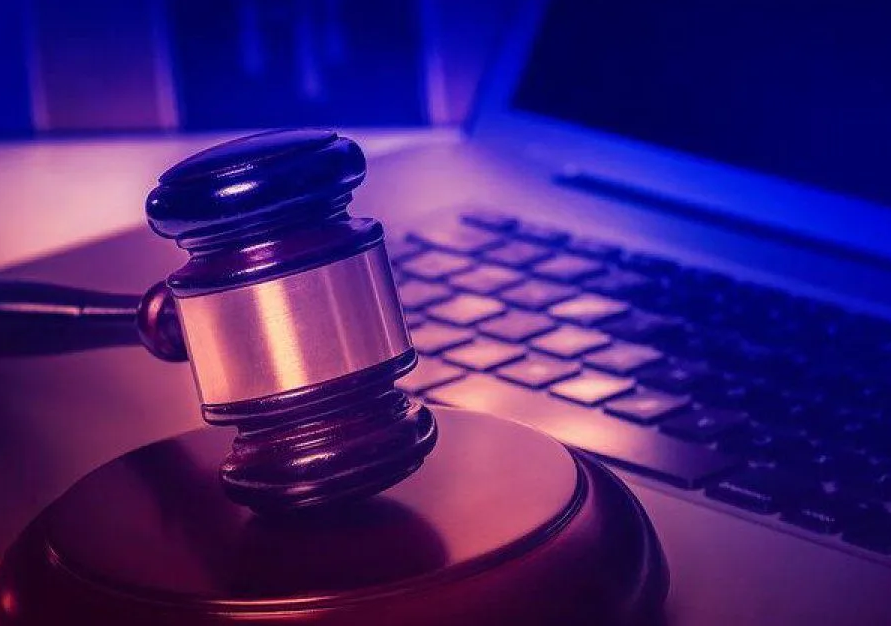By Jagath Liyanaarachchi
Online Safety Bill
According to the directive of the Minister of Public Security, Tiran Alas, the Online Safety Bill was published in the Gazette on 18-09-2023. On 2023-10-03, the bill was tabled in the Parliament for the first reading.
The Bill envisages the establishment of a Commission for the Safety of Online Systems, the banning of certain online communications, and the banning of fake online accounts, etc.
Social media activists, media organizations, lawyers’ organizations, and civil activists raised severe concerns over this bill. The government is accused of restricting the freedom of speech and expression, especially by the provisions of this bill and the critics claim that social media activists who criticize the government can be targeted by the provisions of this Act.
Supreme Court ruling
After the Bill was tabled in Parliament, 51 petitions were filed in the Supreme Court challenging the constitutionality of the Bill. After examining the petitions by a three-member bench of Supreme Court judges, according to Article 120 of the Constitution, the decision was communicated to the Speaker. The decision was announced by the Deputy Speaker in Parliament on 07-11-2023.
According to that decision, sections 3, 5, 7, 9, 11, 12, 13,14, 15,16,17,18,19, 20, 21, 22, 23, 24, 25, 26,27,28,29, 30,31, 32, 36, 37, 42, 45, 53 and 56 can be approved as mentioned in the Bill, if passed by a special majority of two third including the absent Members of the Parliament, according to the provisions mentioned in Article 84(2) of the Constitution.
According to the amendments proposed by the Supreme Court in its decision, if the said articles are amended at the committee stage, this bill can be passed by a simple majority. The Supreme Court said that other provisions of the Bill are in line with the Constitution.
Alternative scenarios regarding the way forward of the Bill
Accordingly, there are several options before the government regarding the bill. They are
- Passing the Bill as it is by a special two-thirds majority.
- Incorporating the Supreme Court’s recommendations at the committee stage and passing the bill by a simple majority.
- Amending the bill by incorporating amendments suggested by media activists and civil organizations at the committee stage.
- Withdrawal of the Bill without going to a second reading.
Among these, the most likely option is to pass the Bill by a simple majority, incorporating the amendments recommended by the Supreme Court at the committee stage.
Limitations on adding amendments at committee time
There are two things that Parliament should consider when amending the Bill at the committee stage.
- Incorporation of the amendments recommended by the Supreme Court. If these recommendations are not incorporated the bill must be passed by a special majority of two-thirds.
- The Parliament has a legal obligation to act within the limitations set by Article 78(3) of the Constitution when amending the articles not mentioned in the Supreme Court decision. Those restrictions mean that any amendment made to a Bill in Parliament should not be outside the essence and principles of that bill.
Articles recommended by the Supreme Court to be amended
Supreme Court recommended amending 31 of the 56 articles to pass the Bill by a simple majority. The Parliament may not deviate from the Supreme Court’s decision when amending those articles at the committee stage. But Parliament may amend other articles at the committee stage within the limits of Article 78(3) of the Constitution.
Critics emphasized the independence of the commission, broadness of interpretations of offenses, powers of the commission, etc. related to the active provisions of the Bill. Supreme Court has recommended to amend almost all of these articles.
Other articles are related to general procedural matters and amending those articles brings no substantive change to the impact of this Act.
What can civil society do now?
- Request the bill to be withdrawn and re-drafted after extensive discussion
- Urging MPs to abstain from voting in favour of the bill
- Intervening in making rules if the bill is passed
Importance of Drafting a new Bill
The current Bill was drafted without consultation with any of the stakeholders, and there was a lot of opposition to this bill from all parties, both locally as well as internationally.
Unofficial information also circulated that the bill would be withdrawn by the Minister in charge of the subject. Also, as discussed above, it is suggested that 31 of the 56 articles of the draft should be amended.
Therefore, the best option for the government is to withdraw this Bill with a plan to prepare a new draft. The best practice is to discuss this with the relevant stakeholders.
Through such an activity, both the government and the citizens have the opportunity to formulate a more positive law while getting confirmation about the legality of that law. And the possibility of getting international recognition is also available.
Thanks to Factum Special Perspective
Jagath Liyanarachchi is an Attorney-at-Law who can be reached at [email protected].
